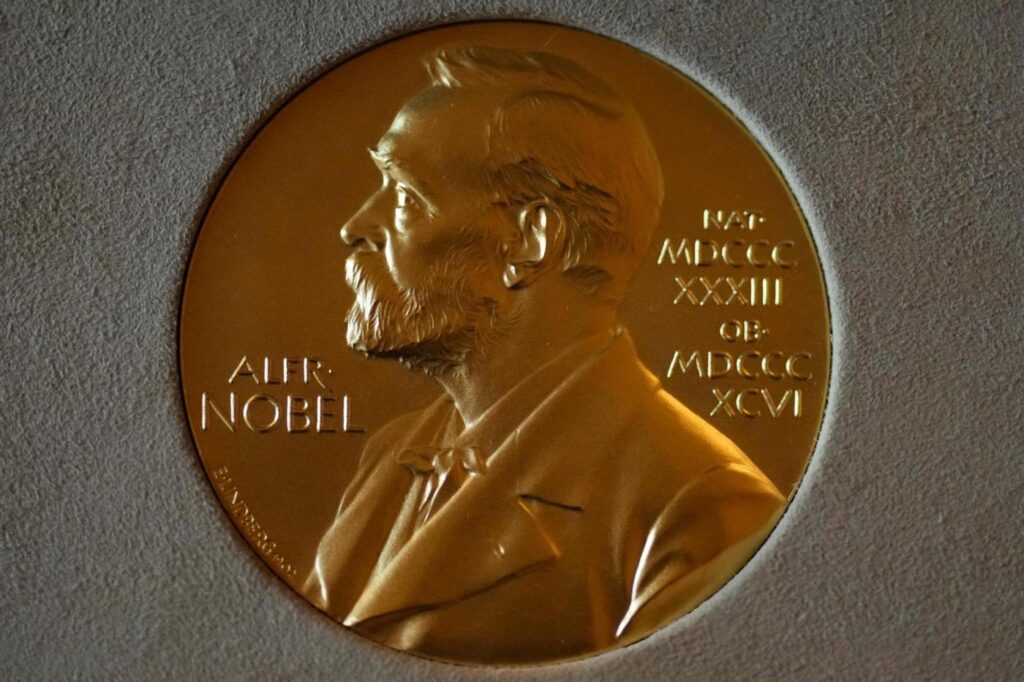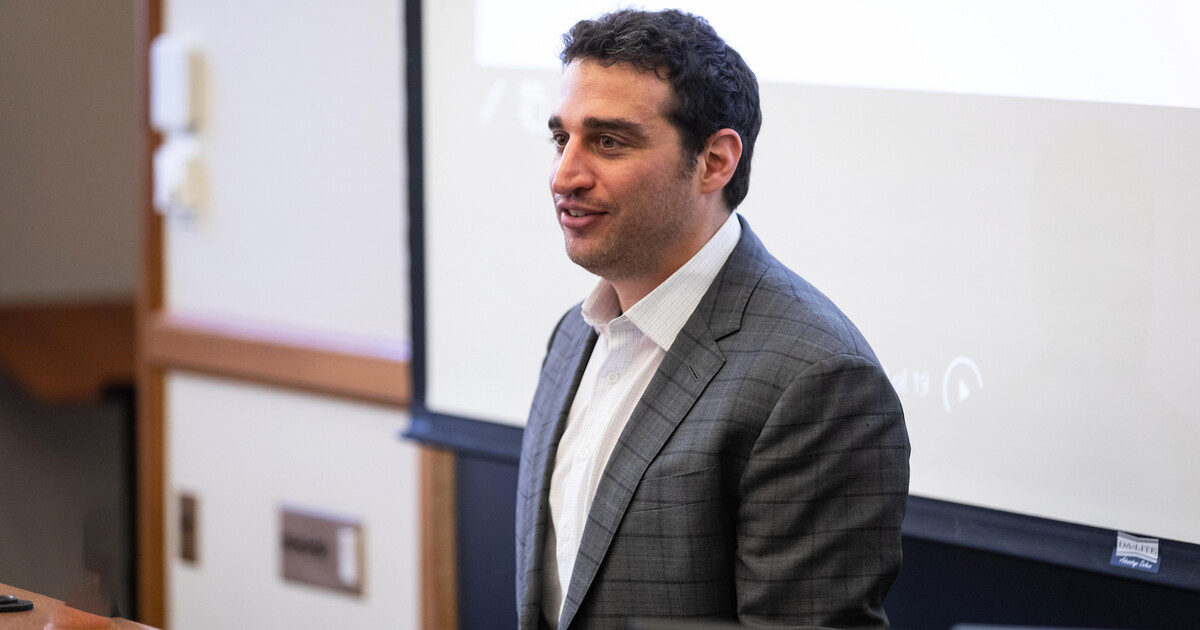
The 2025 Ig Nobel Prizes, celebrated annually in Boston since 1996, have once again highlighted the quirky and entertaining side of scientific research. These awards, described by the journal Nature as “the highlight of the scientific calendar,” recognize studies that provoke laughter before prompting deeper thought. This year’s winners showcase a blend of humor and intellectual rigor across various fields.
Notable Winners of the 2025 Ig Nobel Prizes
The 2025 Ig Nobel Prize for Literature was awarded posthumously to William Bean, a former professor at the University of Texas Medical Branch in Galveston. Bean’s unique contribution involved a meticulous 35-year study measuring his fingernail growth, culminating in several published papers. His last work, featured in the Archives of Internal Medicine, revealed a significant decrease in growth rate with age. For example, his left thumbnail grew from 0.123 mm per day at age 32 to 0.095 mm at age 67.
In a study that may resonate with many parents, the 2025 Ig Nobel Prize in Pediatrics went to Julie Mennella and Gary Beauchamp from the Monell Chemical Senses Center in Philadelphia. Their research investigated how garlic in a mother’s diet influences the taste and enjoyment of breast milk by infants. Their findings, published in a Pediatrics journal article, indicated that infants suckled longer when the milk carried a garlic aroma.
The 2025 Ig Nobel Prize in Physics was awarded to a team from Italy for their intriguing study titled “Phase Behavior of Cacio and Pepe Sauce,” published in the journal Physics of Fluids. Their research explored how starch concentrations below 1% relative to cheese mass could lead to undesirable clumping, a phenomenon they termed the “Mozzarella Phase.” The authors concluded with a scientifically optimized recipe to ensure a consistently well-executed dish.
From the realm of ergonomics, Vikash Kumar and Sarthak Mittal from Shiv Nadar University in Delhi received the 2025 Ig Nobel Prize in Engineering Design. Their work, “Smelly Shoes – An Opportunity for Shoe Rack Re-Design,” underscores the impact of odorous footwear on user experience with shoe racks. Published in a specialized book on ergonomics, their findings address how unpleasant smells may compromise the enjoyment of well-designed storage solutions.
Finally, the 2025 Ig Nobel Prize in Psychology was awarded to Marcin Zajenkowski from the University of Warsaw and Gilles Gignac from the University of Western Australia for their study on the interplay between perceived intelligence and narcissism. Their research demonstrated that informing individuals of their high IQ could enhance feelings of narcissistic uniqueness, while negative feedback might reduce such feelings, although extreme narcissists often dismiss unfavorable IQ results.
The Importance of the Ig Nobel Prizes
The Ig Nobel Prizes serve not only to amuse but also to encourage curiosity and creativity in science. They remind the public that research can be both enlightening and entertaining. Fintan Steele, an ex-Benedictine monk and scientist, emphasizes the significance of these awards in a world often overshadowed by serious political and moral challenges. With a Ph.D. in biology and genetics, Steele has dedicated much of his life to science communication.
As the global community celebrates the achievements recognized by the Ig Nobel Prizes, it becomes clear that the intersection of humor and science can provoke thought and inspire future research. These awards shine a light on the diverse ways in which researchers explore the world, often with unexpected and delightful results.







